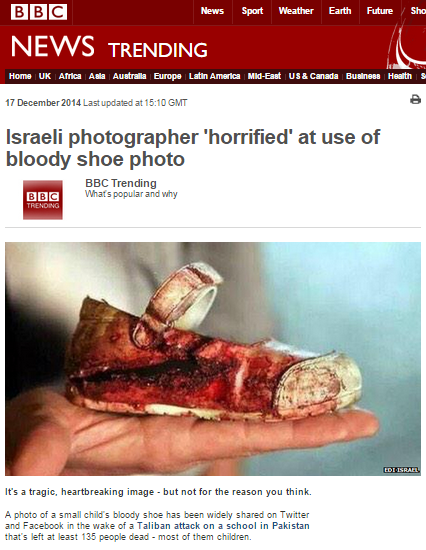A guest post by CAMERA intern Aron White
Much is written and said about Israeli settlements in the West Bank, but it is worth challenging one of the most oft-repeated statements about Israeli settlements – that they challenge the possibility of a Palestinian state.
This claim is often repeated, and it was recently made in a Guardian op-ed by Avi Shlaim, an Oxford historian, and one of the “New Historians”. He is avowedly anti-Israel, supporting economic sanctions against Israel, and writing for anti-Israel publications like Electronic Intifada. His latest article is no different, with him placing all the blame for the conflict on Israeli. “He (Netanyahu) and his government are addicted to occupation – the root of all evil,” Shlaim wrote. This one-sided view, whereby the Israelis are to blame for everything, is not something new in the writing of Professor Shlaim – in the past, he has said that Israel is the cause of anti-Semitism around the world. Though even by his standards – the “root of all” evil seems a characterisation more symbolic of a fanatical hatred on the part of the author, than an objective reading of facts.

But let us focus on the claims he makes specifically about the settlements, because some of these represent mainstream opinion. “In the teeth of almost universal condemnation, they (Netanyahu’s government) continue to expand the Jewish settlements on the West Bank, thereby deliberately destroying the basis for a viable and territorially contiguous Palestinian state.” This is a staple argument against settlements, that the existence of Jewish settlements in the West Bank torpedoes the idea of a Palestinian state. But why? Defenders of the settlements often refer to the fact that 80% of the 500,000 or so settlers live in settlement blocs, such as the Jewish areas of East Jerusalem, Maaleh Adumim and Gush Etzion, that will remain part of Israel under any peace agreement, and thus are not on land designated for a future Palestinian state. But let us focus on the 100,000 or so settlers who live outside these blocs, on land that could be a future Palestinian state as part of the two state solution. Why should the existence of 100,000 Jews amongst some 2 million Arabs challenge the “viability” of a Palestinian state? Almost every state in the world has ethnic, religious or national minorities. In fact, one need look no further than Israel itself – the world’s only Jewish state has a Arab minority of 1.8 million people, around 21% of Israel’s population. About 5% of the UK population are of Indian, Pakistani and Bangladeshi ethnicity, approximately 25% of the population of Switzerland are foreign nationals, and one in nine people in France is Muslim. It would be outrageous to suggest that any of these minorities challenge the “viability” of these states – such language would be found on the fringes of the extreme right, and would rightly be characterised as racist. It is a principle of Western liberal democracies that members of society should be treated equally regardless of ethnicity, race or religion. So the question returns – why should the existence of 100,000 Jews in villages and towns in a future Palestinian state make the state “unviable”?
Shlaim also claimed that Jewish settlements would break up the “territorial contiguity” of a Palestinian state. Let us apply such language in a case closer to home. The British city of Birmingham has a twenty percent Muslims minority. Do the neighbourhoods of Sparkhill and Small Heath make Birmingham territorially non-contiguous? Israel has many large Arab towns, such as Umm Al Fahm, with a population of 55,000 people, and Tayibe, with a population of 41,000 people. No one would dream of saying they break up the contiguity of Israel, so why should Israeli settlements, which even in the blocs, are around the same size as the Arab cities in Israel, break up the contiguity of a Palestinian state?
We have gotten so used to these extreme critiques of settlements that we forget the basis on which they rest – that for a Palestinian state to exist, there must be no Jewish towns and villages (no Jewish people whatsoever) within its territory. This assumption is often unchallenged, but when one analyses it, it is hard to characterise it as anything other than a manifestation of racism. There is no reason that Jews should not be able to live as a minority in a future Palestinian state, just as for generations Jews have lived as minorities in the Spanish, Polish and Iraqi states. The narrative that Jewish building threatens the very possibility of Palestinian state must be challenged. If it is really true that for a Palestinian state must have no Jews in order to be viable – is that an indictment of Israeli policy, or the Palestinians themselves?
Related articles
- The Gray Lady Doth Protest Too Much (CAMERA)
- BBC News website amends its settlements backgrounder (BBC Watch)





